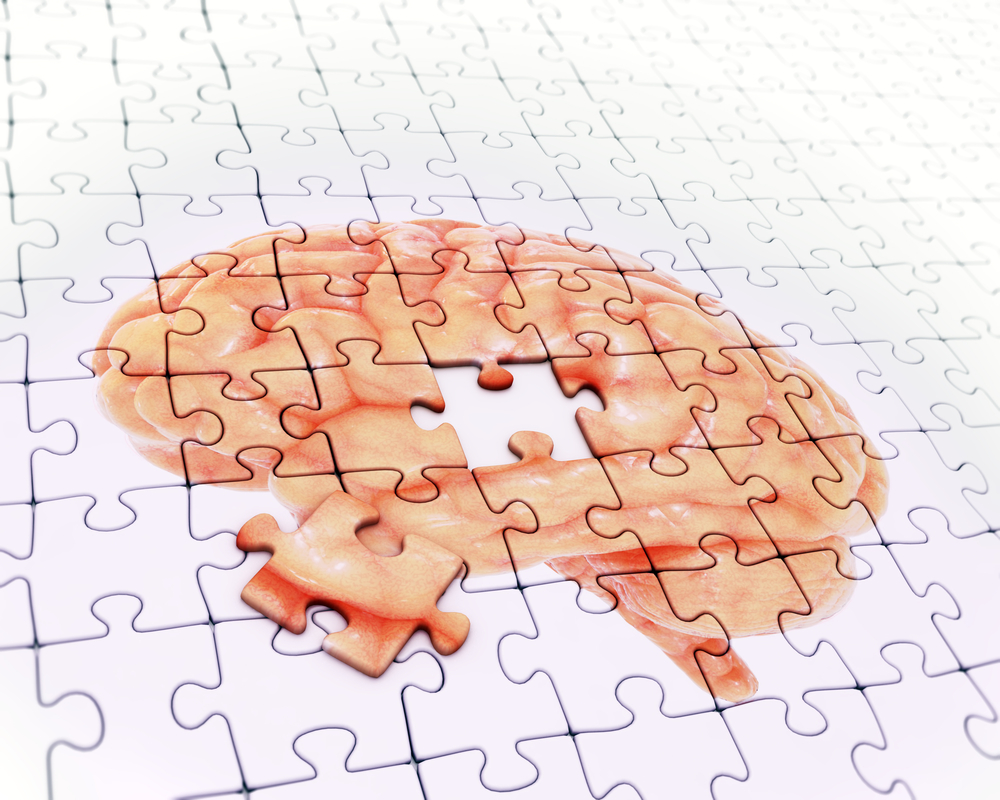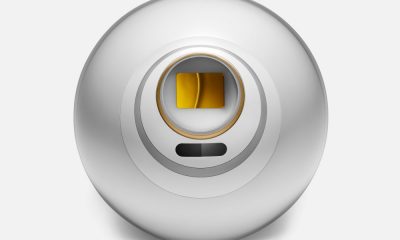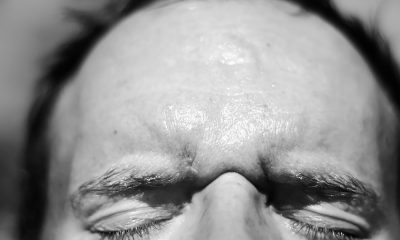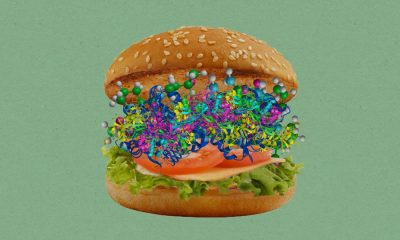A team of doctors in Delaware seems to have found a breakthrough in treating Alzheimer’s disease. Given the fact that Alzheimer’s causes major cognitive decline by stripping the brain cells of oxygen, researchers say a kind of vitamin B3 supplement, called nicotinamide riboside, can nudge the oxygen levels back up in the aging neurons.
Age brings some noticeable changes not just to one’s appearance but also in their conduct as aging brain cells lead to conditions like memory loss or dementia. According to a study by the National Institute of Health, dementia affects millions of people worldwide, with people aged 85 or older accounting for one-third of the total count. The World Health Organisation (WHO) says there is an estimated 55 million people with dementia worldwide, with 10 million being reported on a yearly basis.
Alzheimer’s disease is a kind of dementia that occurs when a protein called beta-amyloid starts to pile up between neurons in the brain. The genetic risk factor is a major determiner of how likely a person is susceptible to the disease. Meaning, if someone has the disease running in their family, they can possibly have it too as they cross 60 years of age.
Years of research have given rise to a great number of theories. Of them, a theory about the lack of energy in the brain gained the most traction among experts. The brain makes up only 2% of the total body mass, yet it is understood to absorb 20% of the body’s total oxygen supply. An Alzheimer’s-stricken brain has its supply of oxygen hindered, which triggers symptoms like memory loss and difficulties in reasoning.
Those with type 2 diabetes are disproportionately affected by Alzheimer’s as the condition makes the brain insulin resistant. This means the cells do not take up glucose for energy and therefore brain’s functioning is impeded. To counter this issue, a team headed by Dr. Christopher Martens, director of the Delaware Center for Cognitive Aging Research, decided to explore the promise of a molecule, called nicotinamide adenine dinucleotide or NAD+, in improving the brain’s energy metabolism, Medical News Daily reported.
As part of the study, 10 adults were given nicotinamide riboside, a precursor for NAD+, while another group of 12 adults was given a placebo. Neither group knew whether they received the supplement or placebo.
After taking 500mg of the supplement twice a day for six weeks, doctors found a small but significant increase in NAD + levels in the extracellular vesicles of the participants’ brain neurons.
But, researchers believe the study is still at a very early stage.
“This is something we are actively testing now in my laboratory in a follow-up trial in older adults with mild cognitive impairment, but first we wanted to understand whether we could detect an increase in NAD+ in brain tissue after taking the supplement,” Dr. Matens told Medical News Daily. “We did this using small vesicles found in the blood that we are quite confident originated in neurons. What’s really interesting is that we also found changes in more established markers of Alzheimer’s disease (e.g., amyloid beta) after taking the supplement.”
















